Hezbollah official slams foreign diktats, says dialogue can end Lebanon deadlockl
A senior Hezbollah official says Lebanon is betting on dialogue and consensus among the Lebanese rather than on external efforts to elect a new president and end the presidential deadlock.
Sheikh Nabil Qaouk, deputy head of the executive council of Lebanon’s Hezbollah resistance movement, asserted that no regional or international country can impose its will on Lebanon to elect a new president.
He said Hezbollah is very keen on taking any initiative that would help in easing the crisis the Lebanese people are living in. He also reassured that the resistance movement is putting its efforts to accelerate the process of electing a president, which he said is the only thing that can save Lebanon from sinking into a deeper crisis.
“Lebanon cannot tolerate foreign diktats in the presidential elections or other issues, and the equation of 1982 through which a president was elected will never be repeated again,” Qaouk said, recalling the US and Israeli intervention in Lebanon back in 1982, when they endorsed Basher Jemayel, a close ally to Israel and the US, as Lebanon’s president.
“The formula today does not allow dictating and imposing a president for the [Lebanese] republic from regional or international countries, considering that the only available solution is to speed up the start of dialogue to reach a Lebanese-Lebanese consensus,” the senior official assured.
He also noted that “there are some across the country who, using their loud voices, try to express their despair, frustration, and disappointment, and they are incapable of changing the equations produced by the victories of the resistance, or of changing the identity and composition of Lebanon.”
Hezbollah officials have time and again reiterated that the movement will not accept a new president who would capitulate to the US and the Israeli regime. The movement’s officials also point out that the new head of state must have the capability to rescue the Arab country from its protracted financial crisis.
Lebanon’s presidency has seen stalemate several times since the 1975-1990 civil war. The country has had only a caretaker government since May 2022.
The Arab country has been suffering from an economic crisis that the World Bank has dubbed one of the worst in recent history, which comes amid crippling sanctions imposed by the US and its allies.
The Lebanese pound has lost more than 95 percent of its value on the black market since 2019.
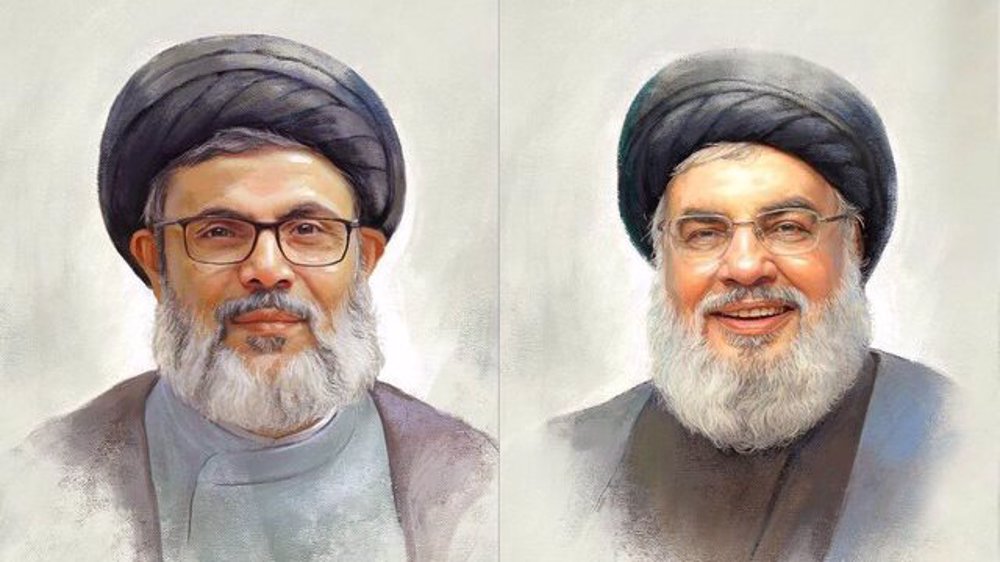
‘Resistance resurrection’: Iran delegation in Lebanon as details of Nasrallah funeral announced
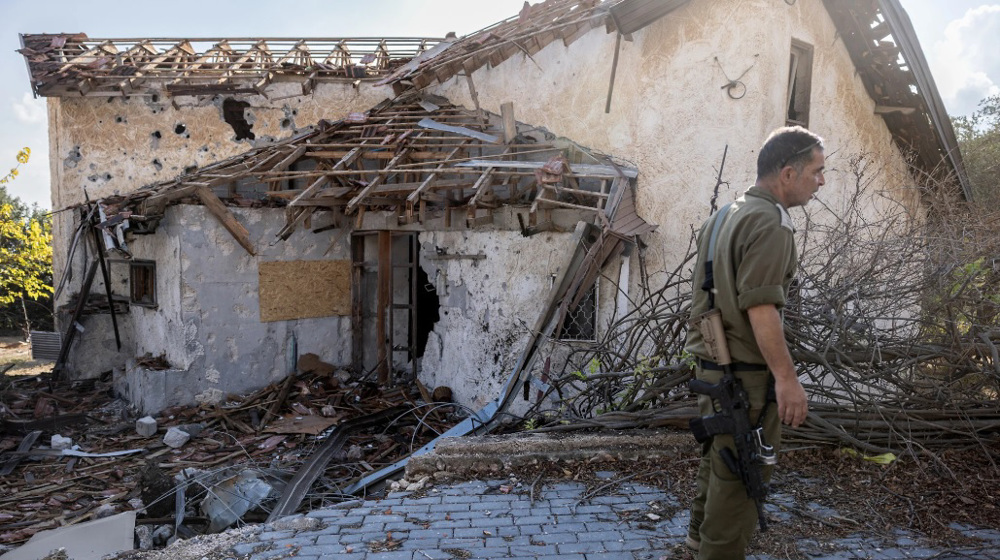
Fearing Hezbollah, Israelis refuse to return to northern settelments
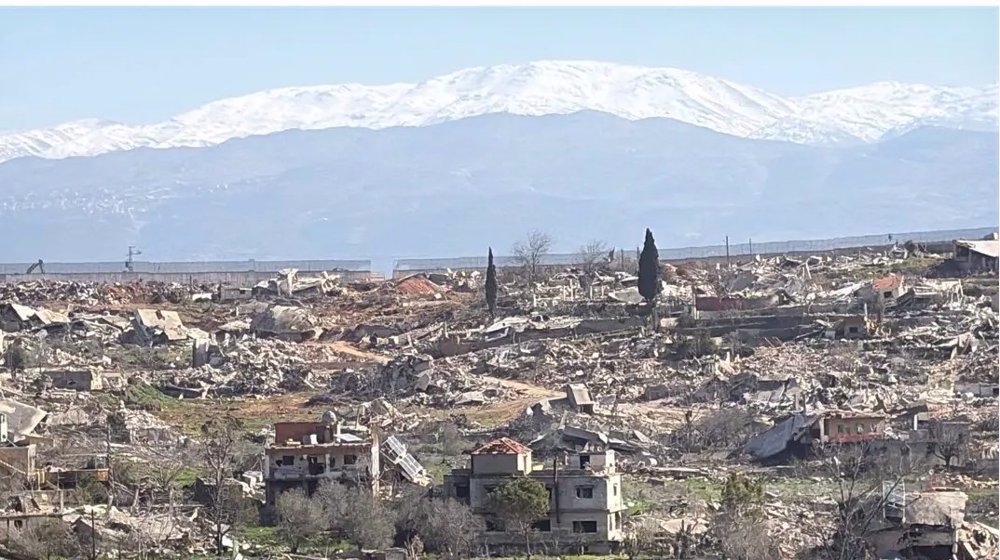
Lebanese return to flattened homes after incomplete Israeli pullout
VIDEO | Bahraini mourners hold symbolic funeral procession for late Hezbollah leader
VIDEO | Trump's plan for Gaza
Iran’s foreign minister, parliament speaker to attend Nasrallah's funeral
Iran: Russian FM due in Tehran in coming days for key talks
Electronic Intifada director’s violent arrest and MI6 infiltration into ‘neutral’ Switzerland
‘Nothing short of Kafkaesque’: Netizens react to arrest of pro-Palestine activist in Canada
'Enemy is wicked': 17-year-old Lebanese pager victim on life after losing eyes
Geothermal is Iran’s other potential energy game-changer


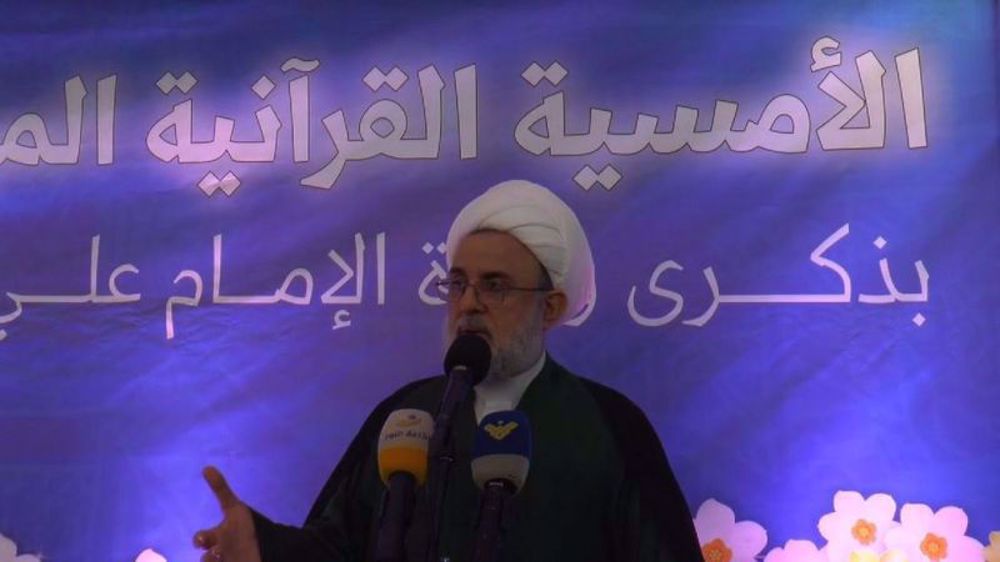



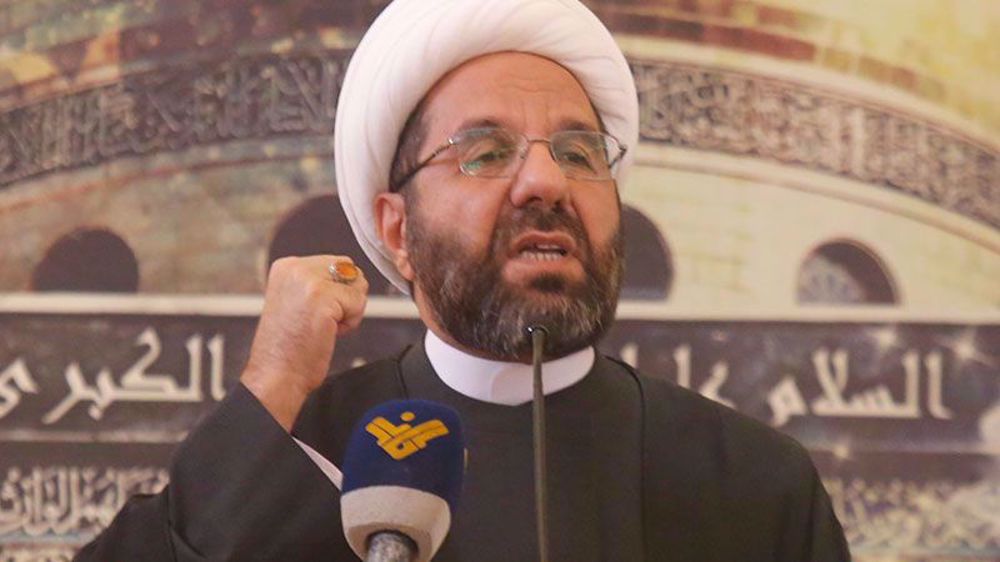
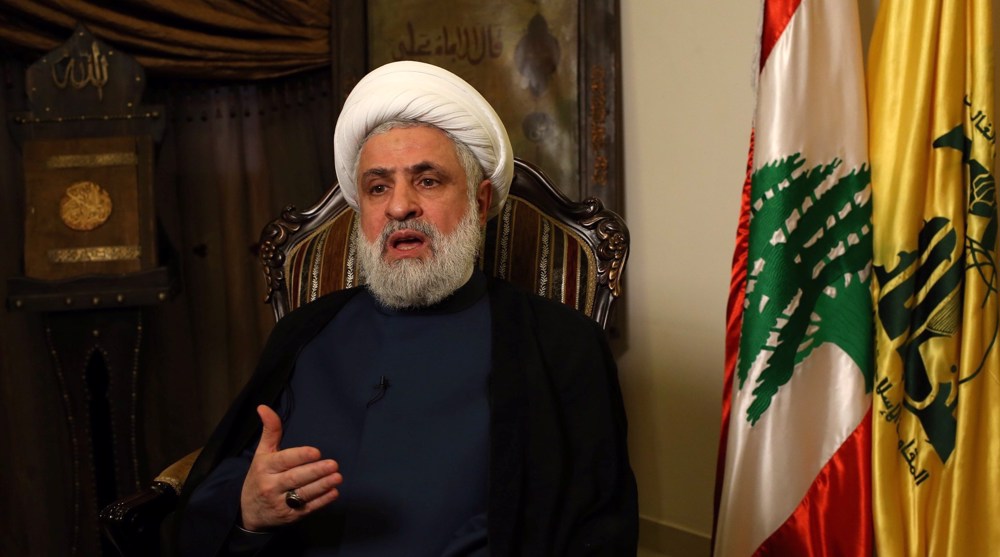
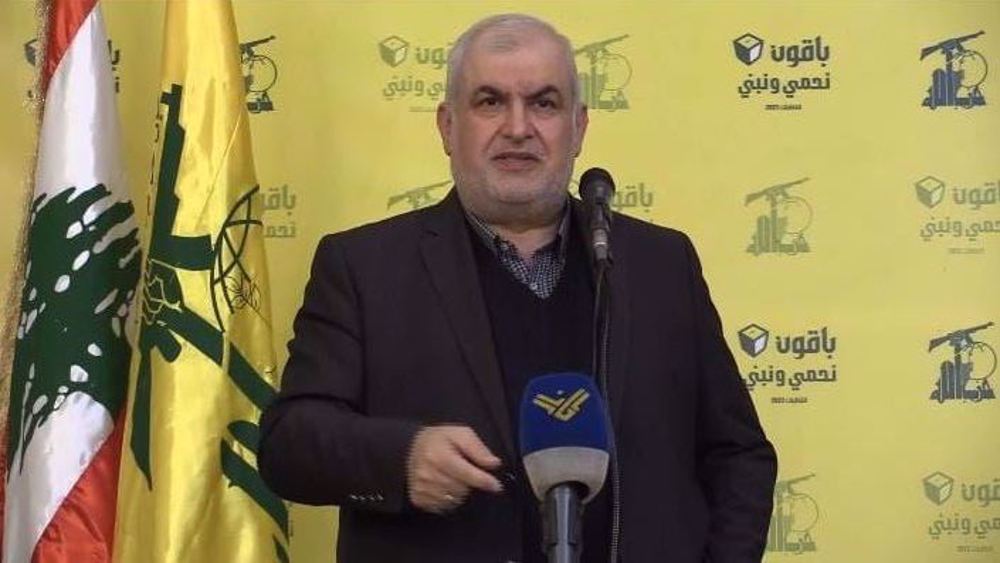

 This makes it easy to access the Press TV website
This makes it easy to access the Press TV website